Home>Gardening & Outdoor>Landscaping Ideas>How To Kill Onion Grass
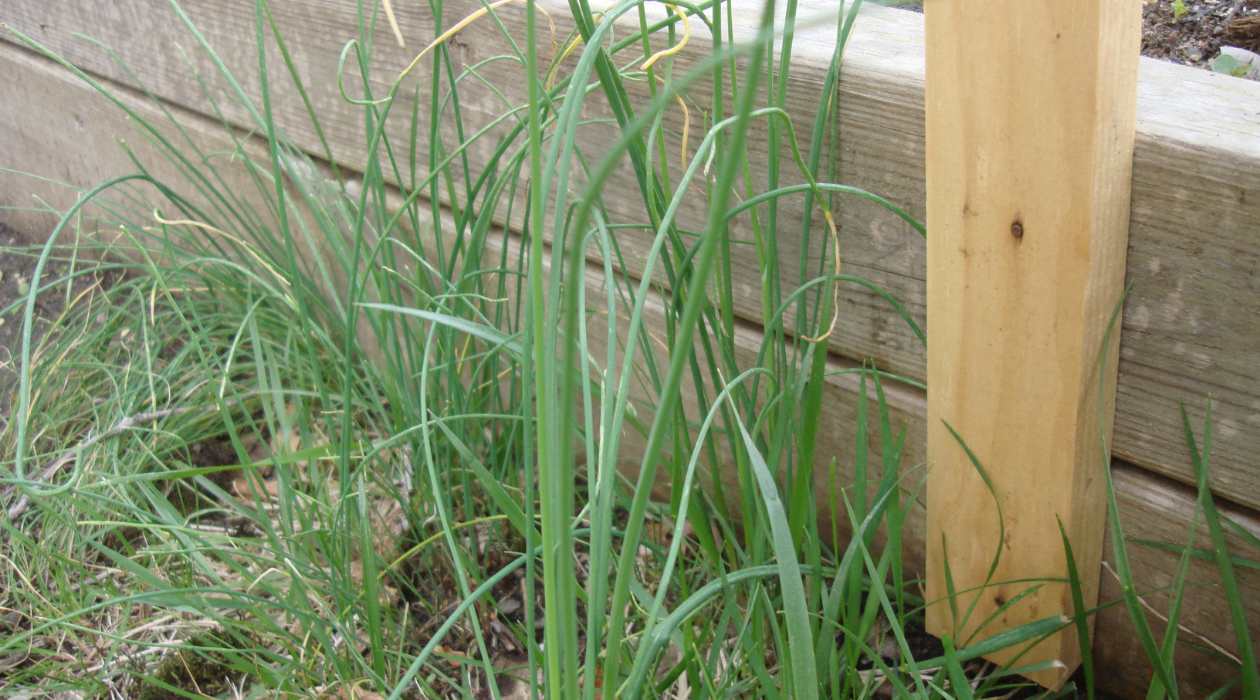

Landscaping Ideas
How To Kill Onion Grass
Modified: February 29, 2024
Learn effective landscaping ideas to kill onion grass and improve the appearance of your lawn. Discover expert tips and techniques for successful onion grass removal.
(Many of the links in this article redirect to a specific reviewed product. Your purchase of these products through affiliate links helps to generate commission for Storables.com, at no extra cost. Learn more)
Introduction
Dealing with the persistent presence of onion grass in your lawn or garden can be a frustrating and challenging endeavor. This invasive weed, also known as wild garlic or wild onion, has a knack for spreading rapidly and can quickly take over your outdoor space if left unchecked. Its distinctive thin, hollow leaves and pungent odor make it easily recognizable, and its resilience can make it a formidable opponent in the battle for a pristine landscape.
In this comprehensive guide, we will explore effective strategies for eradicating onion grass and preventing its resurgence. Whether you are a seasoned gardener or a novice enthusiast, the information provided here will equip you with the knowledge and tools necessary to reclaim your outdoor space from the clutches of this stubborn weed.
By understanding the nature of onion grass and implementing targeted control methods, you can regain control of your lawn or garden and create an environment that is conducive to the growth of desired plants and grasses. Let's delve into the world of onion grass and discover the most effective ways to eliminate this persistent intruder.
Key Takeaways:
- Say goodbye to onion grass by manually removing it when young and moist, mowing regularly, and using selective herbicides. Prevent its return by improving soil health and applying organic mulch.
- Fight onion grass with natural methods like vinegar solutions and boiling water. Keep it at bay by maintaining a healthy lawn and promptly removing any new growth.
Read more: What Kills Wild Onions In Grass
Understanding Onion Grass
Onion grass, scientifically known as Allium triquetrum, is a perennial, herbaceous plant that belongs to the Allium genus. This invasive weed is characterized by its slender, hollow leaves and distinctive onion-like odor, which is particularly noticeable when the plant is crushed or mowed. Native to the Mediterranean region, onion grass has spread to various parts of the world, thriving in a wide range of environments and soil types. Its adaptability and aggressive growth habits make it a formidable adversary for gardeners and homeowners seeking to maintain a pristine outdoor space.
The plant typically emerges in late winter or early spring, producing clusters of small, white flowers that add to its visual appeal but also contribute to its reproductive success. Onion grass reproduces through seeds and bulblets, which are small, underground bulbs that enable the plant to propagate rapidly and establish dense colonies. These bulblets can remain dormant in the soil for extended periods, making eradication efforts particularly challenging.
One of the key challenges posed by onion grass is its ability to outcompete desirable plants for resources such as water, nutrients, and sunlight. Its rapid growth and prolific seeding can quickly lead to the domination of lawns, flower beds, and garden borders, creating an unsightly and disruptive presence in the landscape.
Furthermore, the pungent odor emitted by onion grass can deter human and animal interaction, making it an unwelcome addition to outdoor spaces intended for leisure and relaxation. The distinctive scent, reminiscent of onion or garlic, can permeate the air, affecting the overall ambiance of the area and diminishing the enjoyment of the outdoor environment.
Understanding the growth habits, reproductive mechanisms, and competitive nature of onion grass is crucial for developing effective strategies to combat its proliferation. By gaining insight into the characteristics and behavior of this invasive weed, homeowners and gardeners can implement targeted control measures to mitigate its impact and restore the health and aesthetics of their outdoor spaces.
Methods for Killing Onion Grass
When it comes to eradicating onion grass from your lawn or garden, employing effective control methods is essential to achieve lasting results. Given the resilient nature of this invasive weed, a multifaceted approach that targets both the visible vegetation and the underground bulblets is crucial for successful eradication. Here are several proven methods for killing onion grass:
1. Manual Removal
- Digging: Hand-pulling onion grass can be effective, especially when the plants are young and the soil is moist. Use a hand trowel or weeding tool to carefully loosen the soil around the base of the plants, ensuring that the entire bulb and root system are removed to prevent regrowth.
- Regular Monitoring: Consistent vigilance is key to preventing the spread of onion grass. Regularly inspect your lawn or garden for any signs of new growth, and promptly remove any emerging plants to prevent the establishment of new colonies.
2. Mowing and Trimming
- Frequent Mowing: Regular mowing can help weaken onion grass by removing the flowers and preventing seed production. Set your mower to a low cutting height to reduce the vigor of the plants and inhibit their ability to spread.
Read more: How To Kill Goat Heads Without Killing Grass
3. Chemical Control
- Selective Herbicides: Utilize selective herbicides specifically formulated to target onion grass while sparing desirable grass species. These herbicides contain active ingredients that effectively suppress the growth of onion grass without harming surrounding vegetation. Follow the manufacturer's instructions carefully when applying herbicides to ensure safe and effective control.
4. Organic Control
- Vinegar Solution: A homemade solution of vinegar, salt, and dish soap can be applied to onion grass to desiccate and kill the plants. Exercise caution when using this method, as the solution can also affect nearby plants, so precise application is crucial.
- Boiling Water: Pouring boiling water directly onto the foliage of onion grass can effectively scorch and kill the plants. This method is best suited for targeting isolated patches of onion grass to avoid damaging surrounding vegetation.
5. Preventing Onion Grass from Coming Back
- Improving Soil Health: Enhance the overall health and vigor of your lawn or garden by promoting optimal soil conditions. Well-nourished and properly irrigated turf or plants are better equipped to outcompete and suppress the growth of onion grass.
- Mulching: Apply a layer of organic mulch to garden beds and borders to inhibit the emergence of onion grass and other weeds. Mulch helps smother weed growth and conserves soil moisture, creating an environment less conducive to the establishment of invasive plants.
By combining these methods and customizing your approach based on the specific characteristics of your outdoor space, you can effectively combat the presence of onion grass and reclaim the beauty and functionality of your lawn or garden. Remember that persistence and consistency are key when implementing control measures, and regular maintenance is essential to prevent the resurgence of this persistent weed.
Chemical Control
Chemical control methods offer an effective approach to combat the persistent presence of onion grass in lawns and gardens. Selective herbicides, specifically formulated to target onion grass while preserving desirable grass species, are valuable tools in the fight against this invasive weed. These herbicides contain active ingredients that disrupt the growth and development of onion grass, ultimately leading to its suppression and demise.
When considering chemical control, it is essential to choose herbicides that are labeled for use on onion grass and compatible with the surrounding vegetation. Selective herbicides typically contain active ingredients such as sulfosulfuron, flazasulfuron, or quinclorac, which are effective in inhibiting the growth of onion grass while minimizing harm to desirable grasses and plants.
The application of selective herbicides should be carried out with precision and care to ensure optimal results and minimize the risk of unintended damage to non-target vegetation. It is crucial to adhere to the manufacturer's instructions regarding application rates, timing, and safety precautions. Additionally, weather conditions, such as temperature and humidity, can influence the efficacy of herbicide applications, so it is advisable to apply herbicides during favorable weather conditions for optimal results.
Before applying herbicides, it is important to assess the extent of the onion grass infestation and identify the most appropriate timing for treatment. Typically, herbicide applications are most effective when onion grass is actively growing and in a stage of susceptibility to the herbicidal effects. Early spring and late fall are often optimal times for herbicide applications, as onion grass is actively growing during these periods.
After applying selective herbicides, it is important to monitor the treated areas for signs of onion grass suppression and regrowth of desirable vegetation. In some cases, multiple herbicide applications may be necessary to achieve effective control, especially in instances of severe infestation or resilient onion grass populations.
By incorporating chemical control methods into an integrated weed management approach, homeowners and gardeners can effectively target and suppress onion grass while promoting the health and vitality of their lawns and gardens. When used judiciously and in conjunction with other control measures, selective herbicides can play a pivotal role in reclaiming outdoor spaces from the encroachment of onion grass and restoring the beauty and functionality of the landscape.
Read more: How To Kill Grass
Organic Control
Organic control methods offer a natural and environmentally friendly approach to managing the presence of onion grass in lawns and gardens. These methods prioritize the use of non-synthetic, sustainable techniques to suppress and eradicate onion grass while promoting the overall health and balance of the outdoor environment.
One effective organic control method involves the use of a homemade vinegar solution. This solution typically consists of household vinegar, salt, and a small amount of dish soap. When applied directly to the foliage of onion grass, the acetic acid in the vinegar acts as a desiccant, effectively dehydrating and killing the plants. The addition of salt enhances the herbicidal effects of the vinegar, while the dish soap helps the solution adhere to the plant surfaces. It is important to exercise caution when using this method, as the vinegar solution can also affect nearby plants, so precise application is crucial to minimize unintended damage.
Another organic control method involves the use of boiling water to target and eliminate onion grass. By carefully pouring boiling water directly onto the foliage of the plants, the intense heat effectively scalds and kills the onion grass. This method is particularly suitable for addressing isolated patches of onion grass, as it minimizes the risk of damaging surrounding vegetation. However, it requires careful application to avoid unintended harm to desirable plants and grasses.
In addition to targeted organic control methods, promoting soil health and employing natural barriers can contribute to the suppression of onion grass. Improving the overall health and fertility of the soil in lawns and garden beds can enhance the vigor of desirable grasses and plants, enabling them to outcompete and suppress the growth of onion grass. Organic amendments such as compost, well-aged manure, and organic fertilizers can enrich the soil, fostering an environment that is less conducive to the proliferation of invasive weeds.
Furthermore, the application of organic mulch in garden beds and borders can serve as a natural barrier to inhibit the emergence of onion grass and other weeds. Organic mulches, such as wood chips, straw, or shredded leaves, create a protective layer that helps smother weed growth and conserve soil moisture. By creating an inhospitable environment for the establishment of onion grass, organic mulches contribute to the overall suppression of invasive weeds while enriching the soil and promoting a healthy ecosystem.
By integrating these organic control methods into a holistic approach to weed management, homeowners and gardeners can effectively address the presence of onion grass while nurturing a sustainable and balanced outdoor environment. These natural and eco-friendly techniques not only contribute to the eradication of invasive weeds but also support the long-term health and vitality of lawns and gardens, creating a harmonious and thriving landscape.
Preventing Onion Grass from Coming Back
Preventing the resurgence of onion grass is a critical aspect of long-term weed management, ensuring that the efforts invested in eradication yield lasting results. By implementing proactive measures and cultivating a landscape that is inhospitable to the regrowth of onion grass, homeowners and gardeners can effectively thwart its return. Here are several strategies to prevent the resurgence of onion grass:
-
Improving Soil Health: Enhancing the overall health and fertility of the soil in lawns and garden beds is fundamental to creating an environment that favors the growth of desirable grasses and plants while inhibiting the resurgence of onion grass. Incorporating organic amendments such as compost, well-aged manure, and organic fertilizers enriches the soil, providing essential nutrients and fostering robust plant growth. Healthy, vigorous turf and plants are better equipped to outcompete and suppress the growth of onion grass, creating a natural deterrent against its return.
-
Mulching: The application of organic mulch in garden beds and borders serves as a natural barrier that impedes the emergence of onion grass and other weeds. Organic mulches, such as wood chips, straw, or shredded leaves, create a protective layer that suppresses weed growth and conserves soil moisture. By smothering weed seeds and creating an unfavorable environment for their germination, mulches contribute to the long-term suppression of onion grass, promoting a weed-free landscape.
-
Regular Maintenance: Consistent vigilance and regular maintenance are essential to prevent the resurgence of onion grass. Regularly inspecting the lawn and garden for any signs of new growth and promptly removing any emerging plants can prevent the establishment of new colonies. Additionally, maintaining healthy turf through proper mowing, watering, and fertilization practices creates an environment that is less conducive to the growth of onion grass, minimizing its potential to return.
-
Targeted Control: Continuously monitoring the landscape for any signs of onion grass and implementing targeted control measures as soon as it is detected is crucial for preventing its resurgence. Whether through manual removal, mowing, or selective herbicide applications, proactive intervention can effectively suppress the growth of onion grass and prevent it from establishing a foothold in the landscape.
By integrating these preventive strategies into a comprehensive weed management plan, homeowners and gardeners can create an environment that discourages the return of onion grass while promoting the health and vitality of their outdoor spaces. Through a proactive and holistic approach to weed prevention, the landscape can be transformed into a thriving and resilient ecosystem, free from the encroachment of invasive weeds.
To kill onion grass, dig up the bulbs and roots to remove them completely. You can also use a herbicide specifically designed to target onion grass. Be sure to follow the instructions carefully when using herbicides.
Conclusion
In conclusion, the battle against onion grass requires a multifaceted and persistent approach to achieve lasting success. By understanding the growth habits and competitive nature of this invasive weed, homeowners and gardeners can implement targeted control methods to effectively combat its proliferation. Manual removal, mowing, chemical and organic control, and preventive measures all play crucial roles in eradicating onion grass and preventing its resurgence.
Manual removal, though labor-intensive, can be effective, especially when the plants are young and the soil is moist. Regular monitoring and prompt removal of emerging plants are essential to prevent the spread of onion grass. Additionally, frequent mowing can weaken onion grass by removing the flowers and preventing seed production, contributing to its suppression.
Chemical control methods, including selective herbicides, offer an effective approach to combat the persistent presence of onion grass. These herbicides, when used judiciously and in conjunction with other control measures, can play a pivotal role in reclaiming outdoor spaces from the encroachment of onion grass.
Organic control methods provide a natural and environmentally friendly approach to managing the presence of onion grass. From homemade vinegar solutions to the use of boiling water, these methods prioritize non-synthetic, sustainable techniques to suppress and eradicate onion grass while promoting the overall health and balance of the outdoor environment.
Preventing the resurgence of onion grass is equally crucial. By improving soil health, applying organic mulch, maintaining regular vigilance, and implementing targeted control measures, homeowners and gardeners can create an environment that discourages the return of onion grass while promoting the health and vitality of their outdoor spaces.
In the ongoing battle against onion grass, persistence, and consistency are key. By integrating a combination of control methods and preventive strategies into a comprehensive weed management plan, homeowners and gardeners can transform their landscapes into thriving and resilient ecosystems, free from the encroachment of invasive weeds. With dedication and a proactive approach, the beauty and functionality of lawns and gardens can be restored, creating outdoor spaces that are a source of pride and enjoyment for all.
Frequently Asked Questions about How To Kill Onion Grass
Was this page helpful?
At Storables.com, we guarantee accurate and reliable information. Our content, validated by Expert Board Contributors, is crafted following stringent Editorial Policies. We're committed to providing you with well-researched, expert-backed insights for all your informational needs.
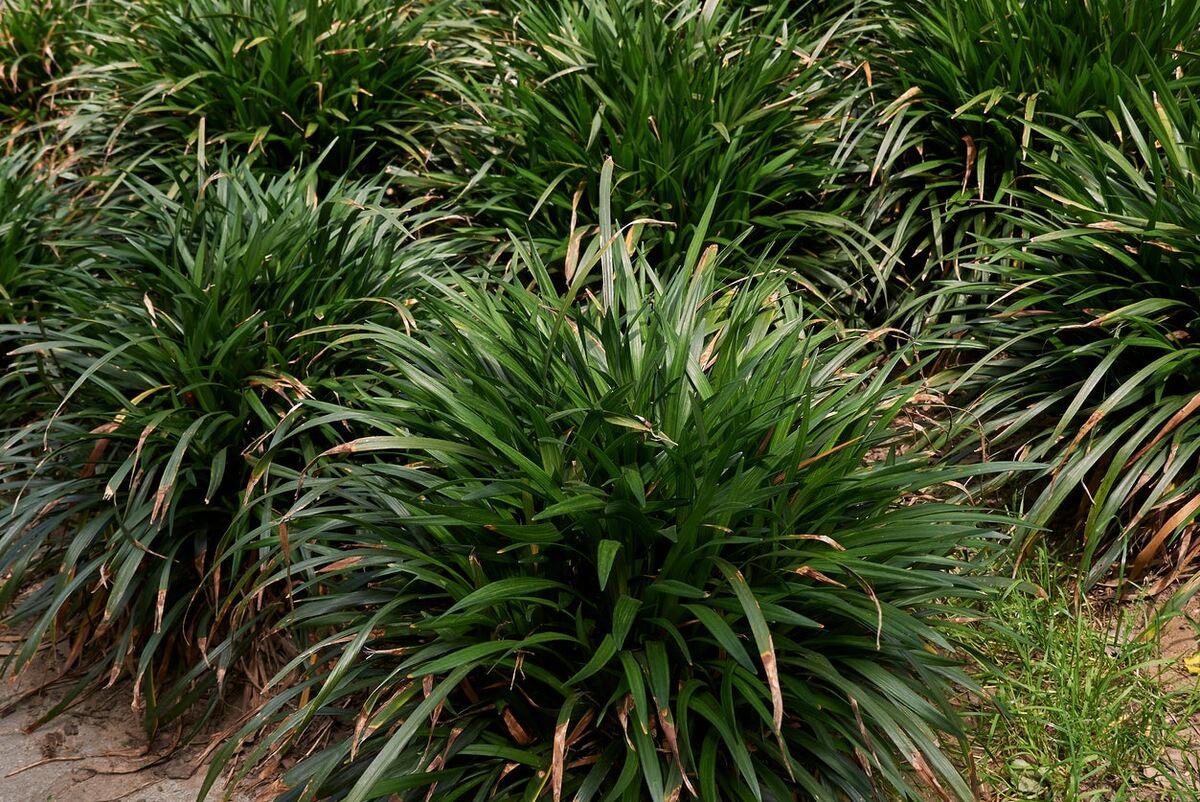
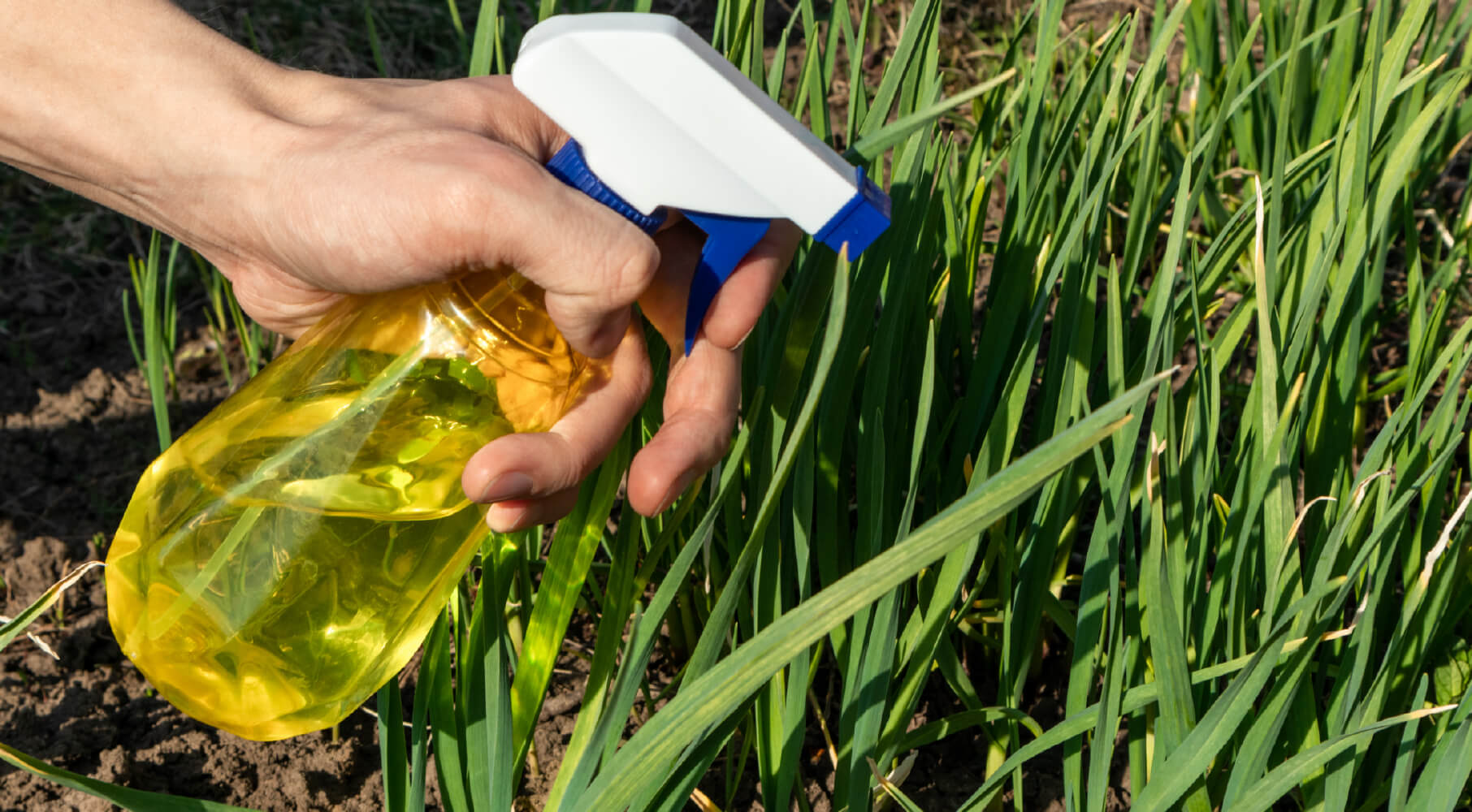
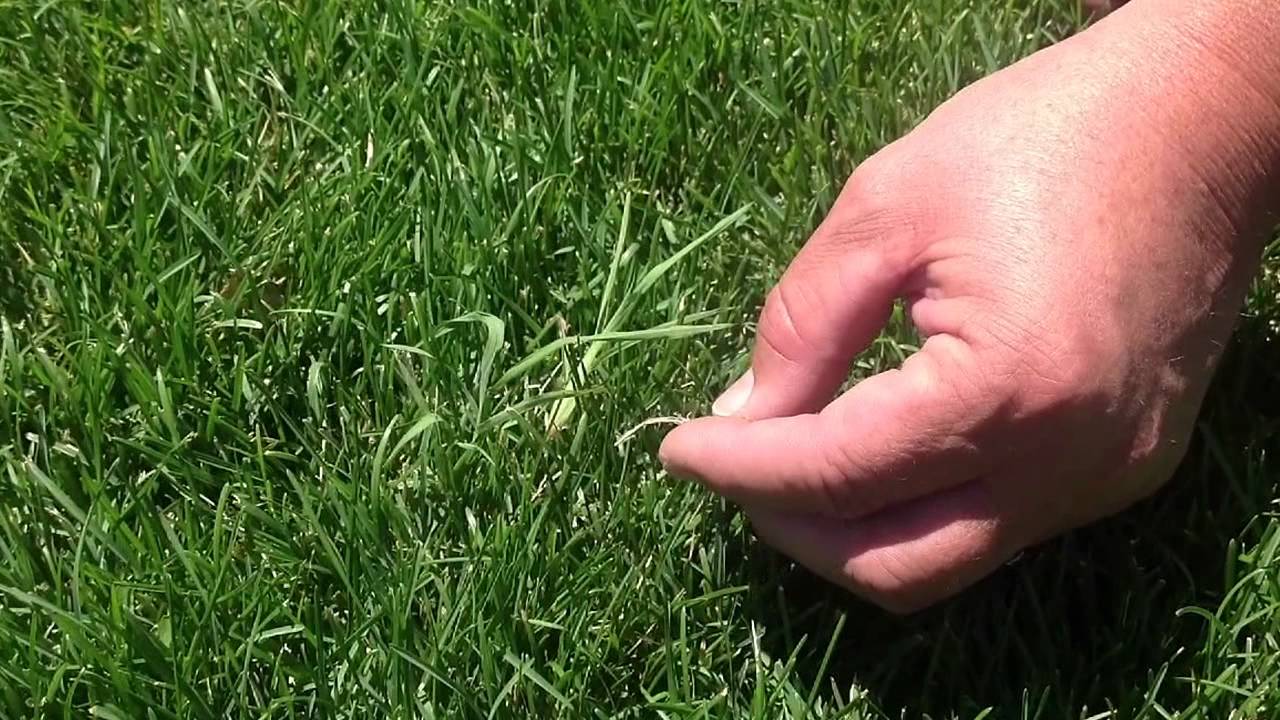
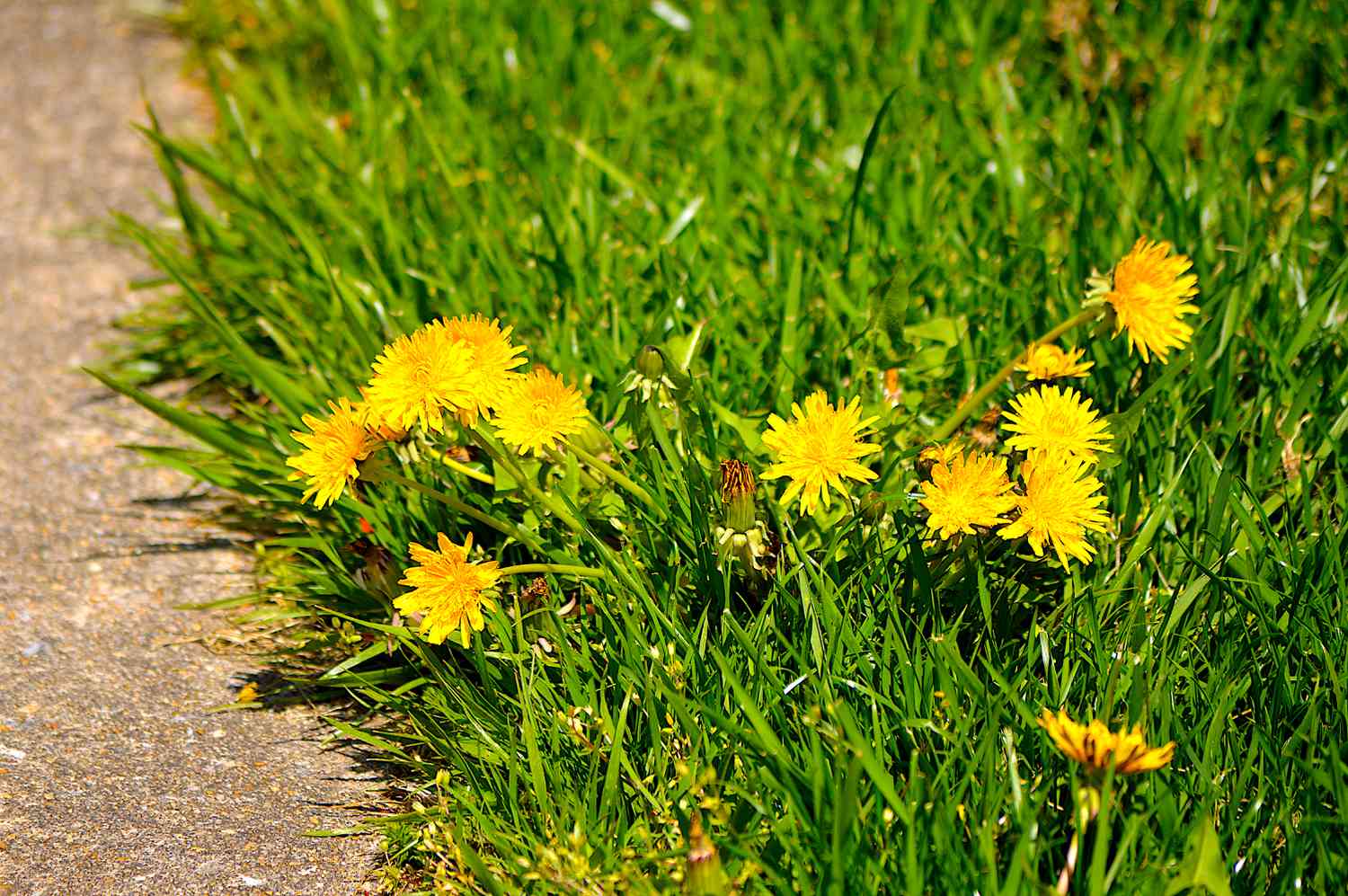
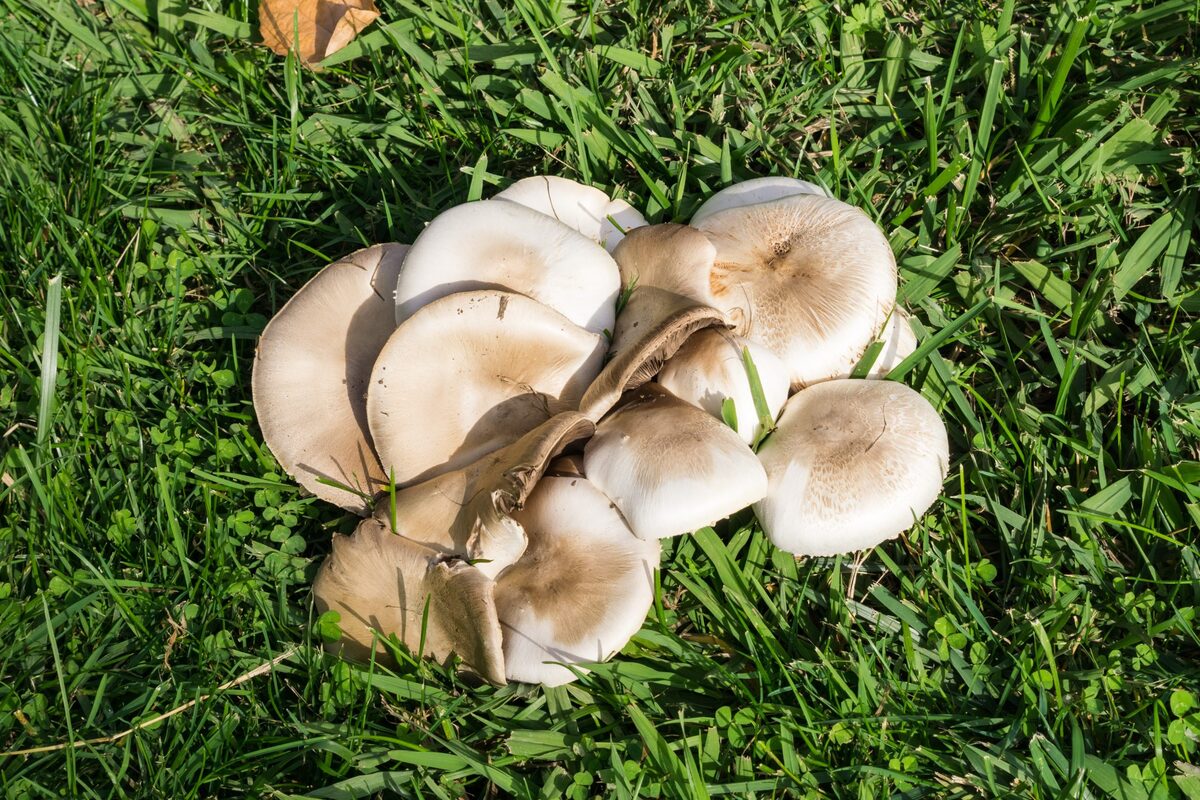
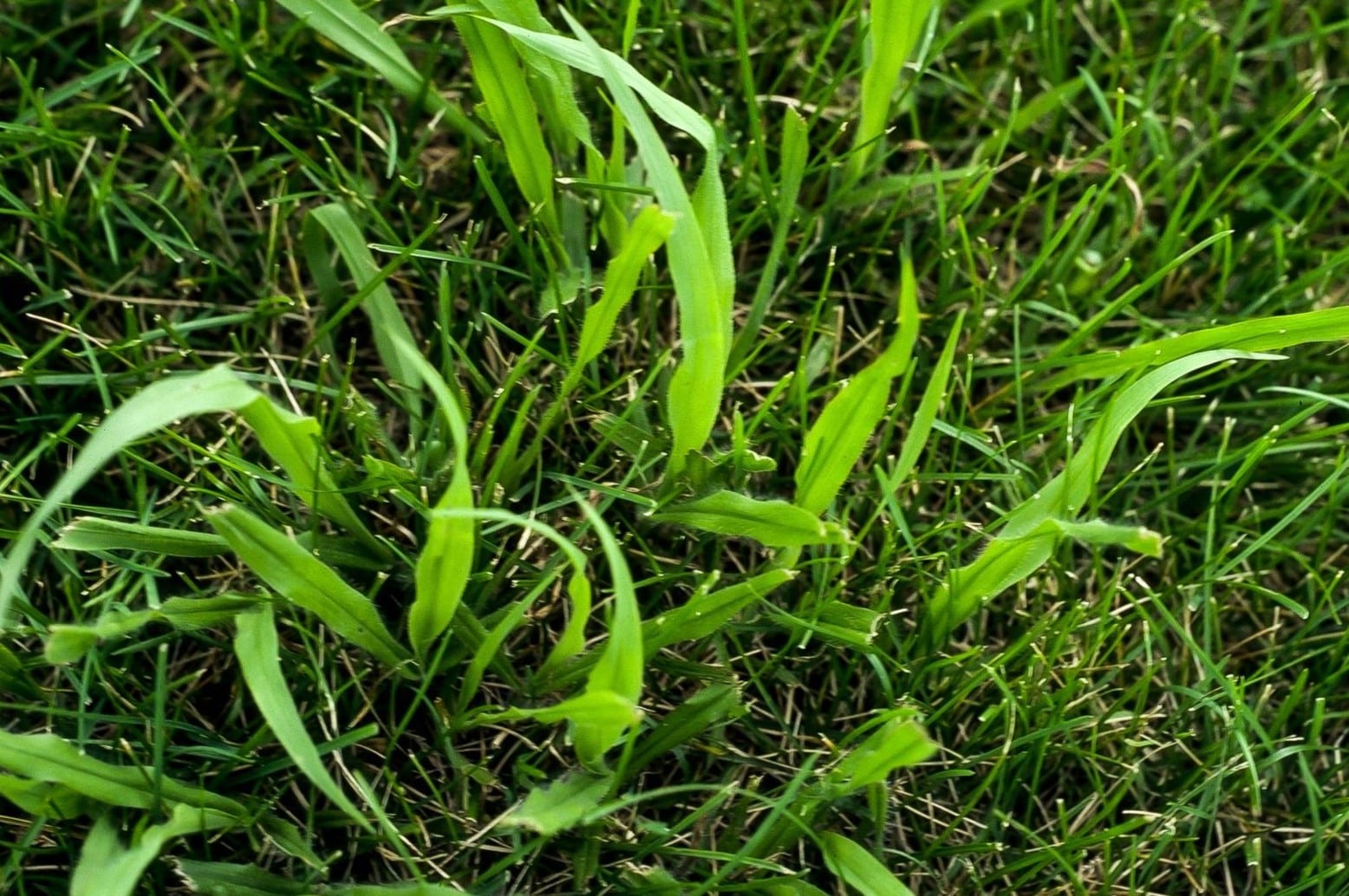
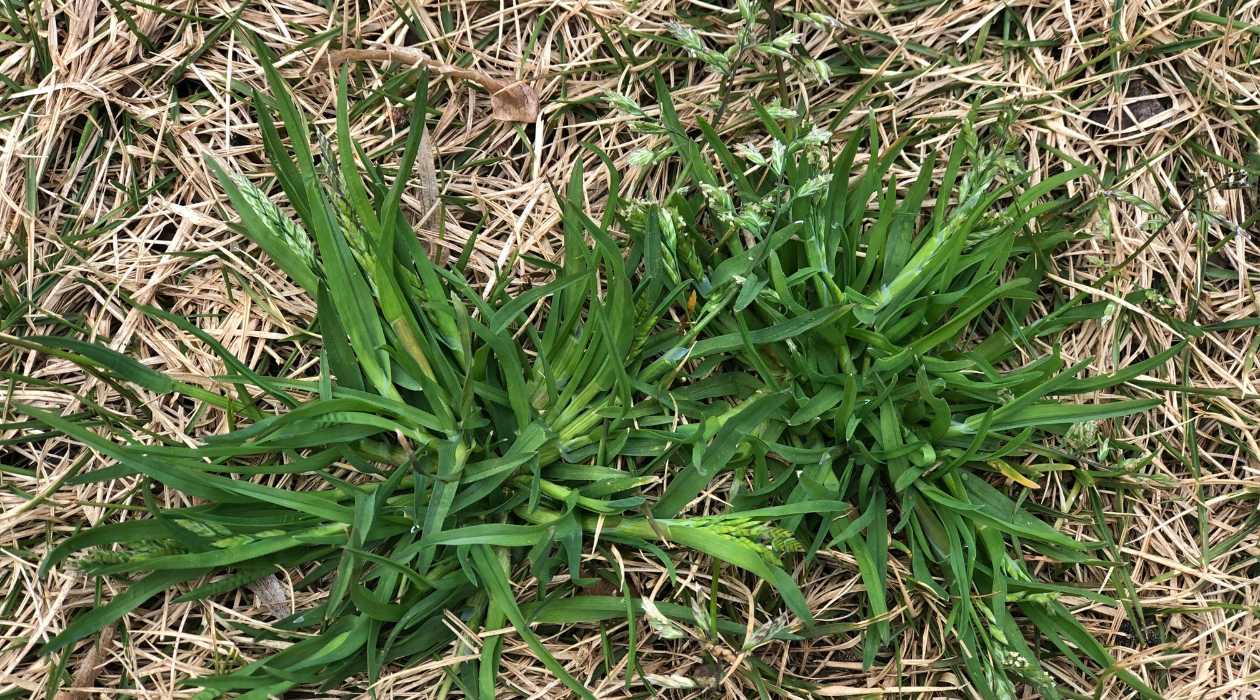
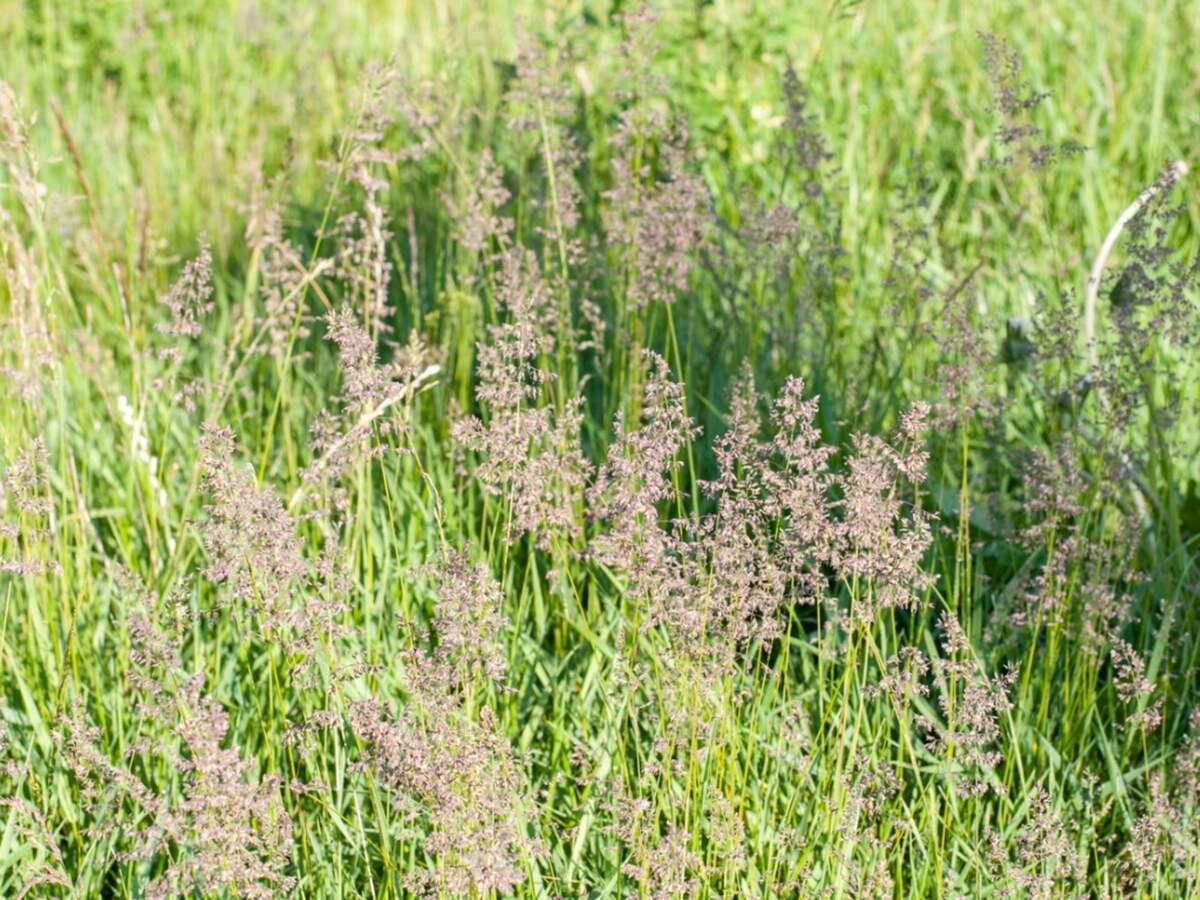
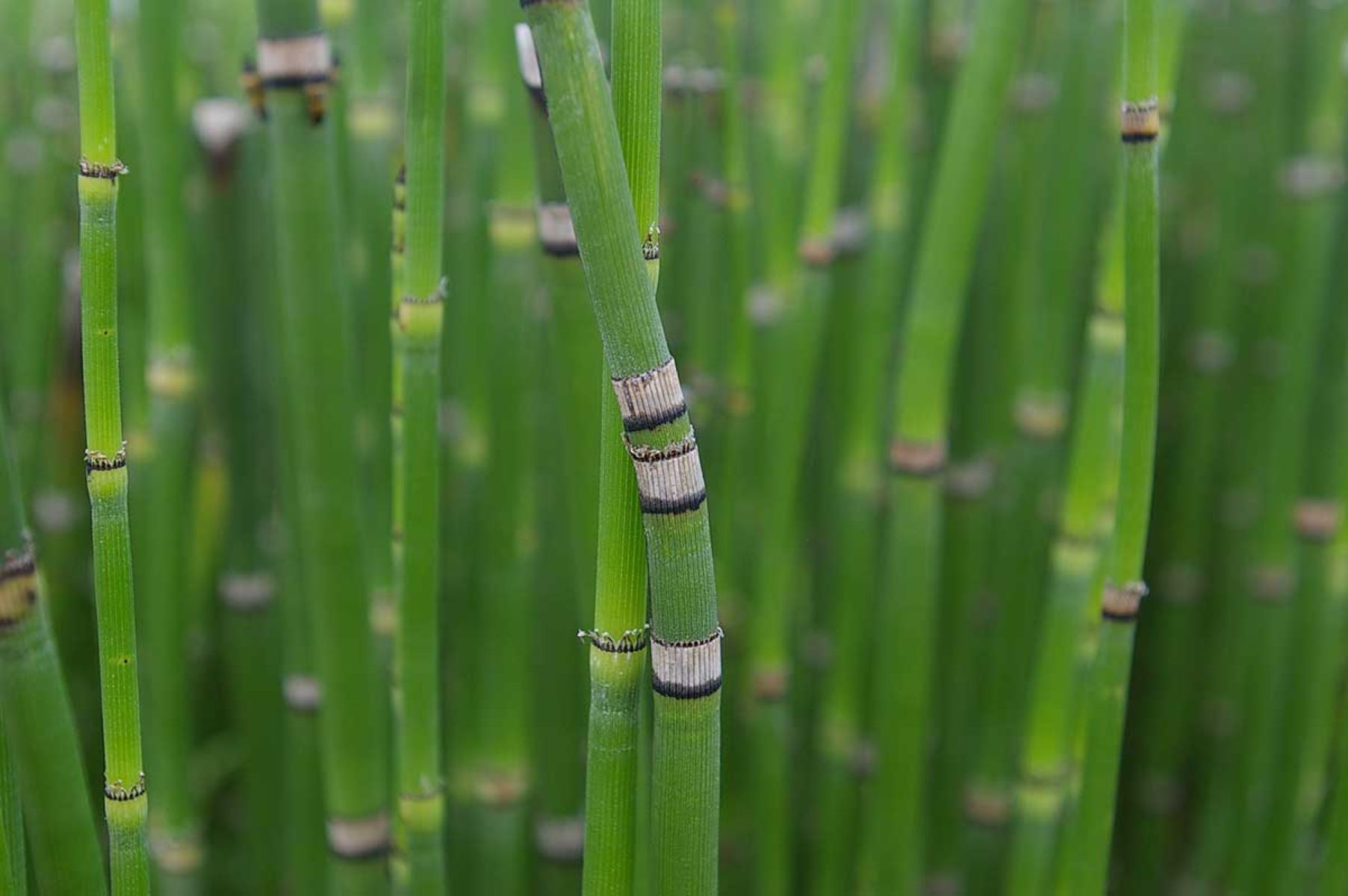
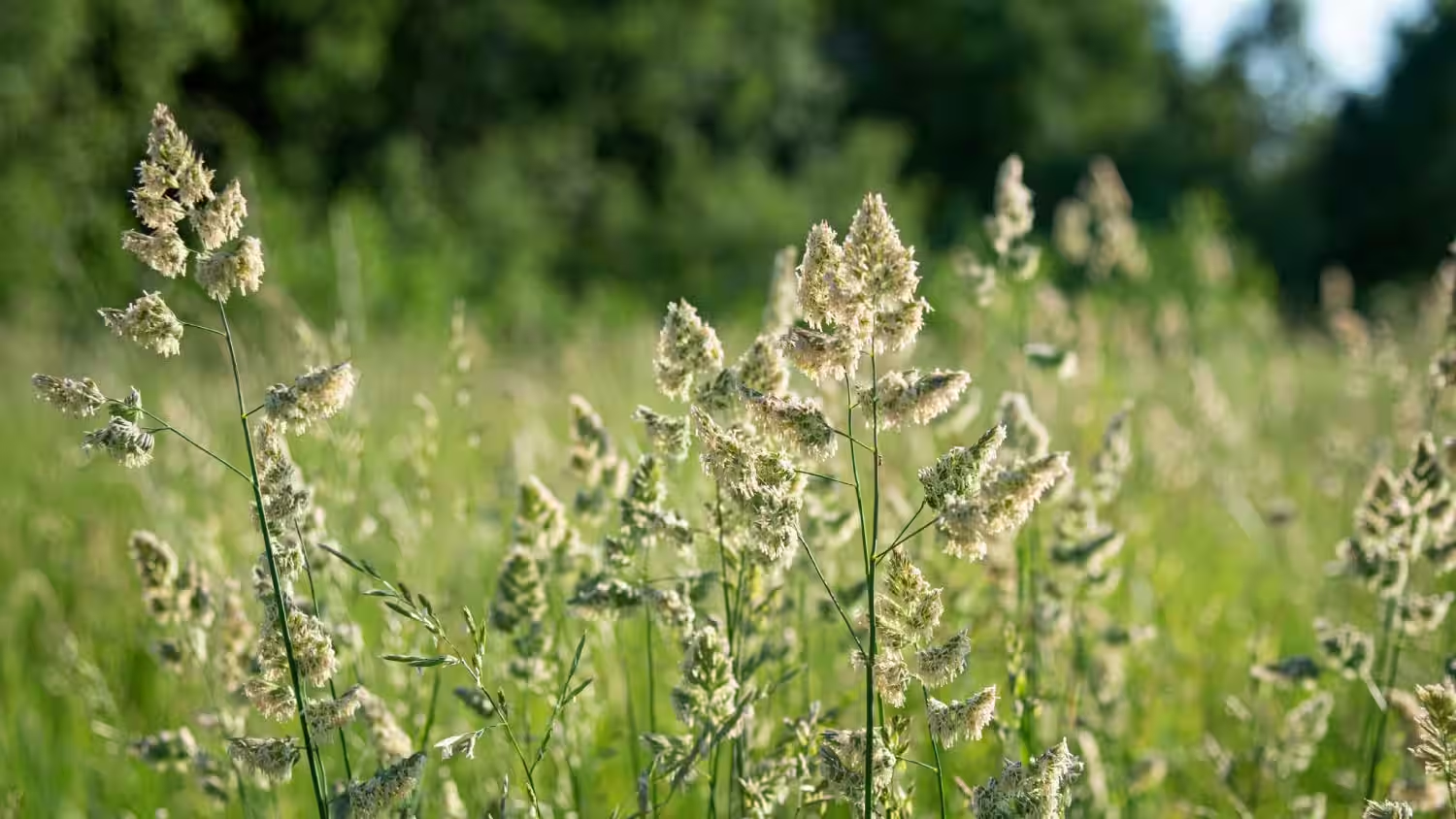
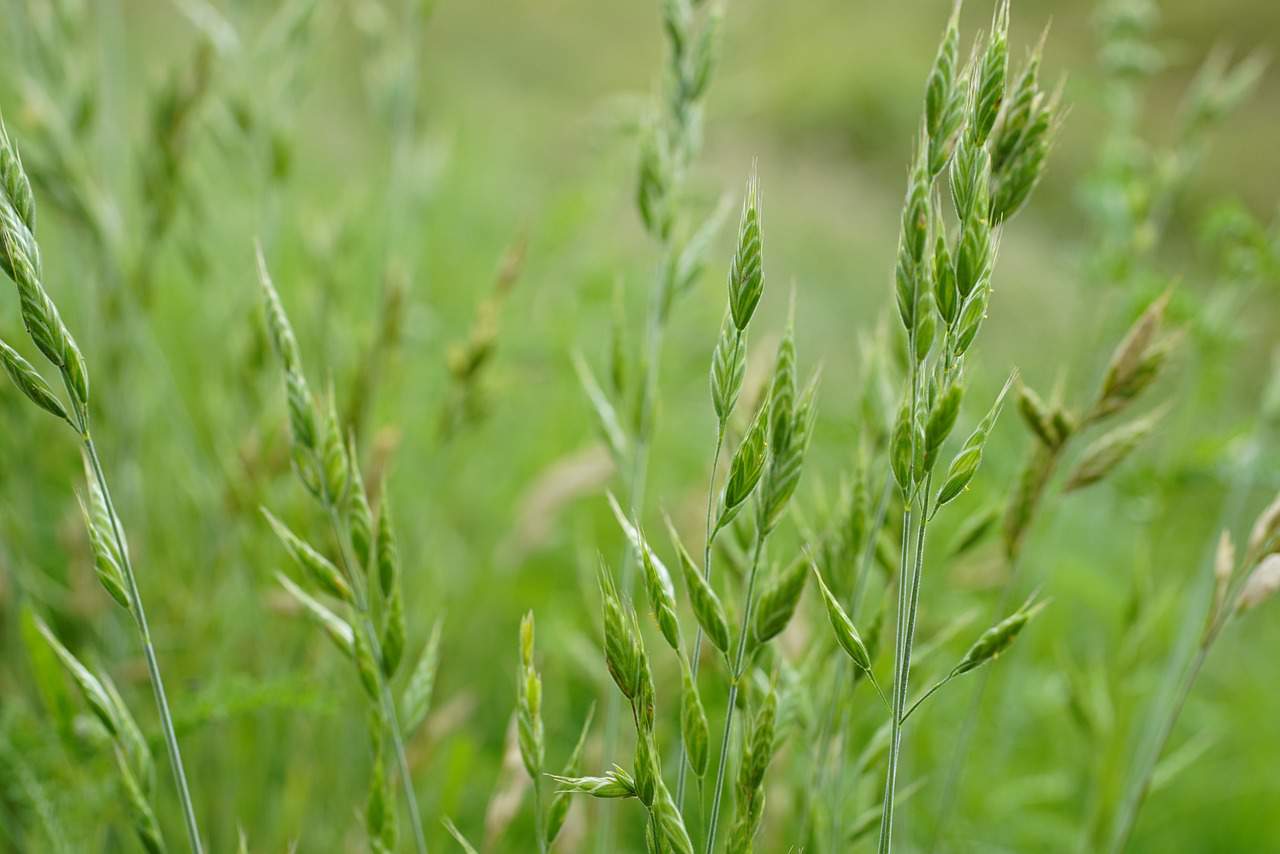
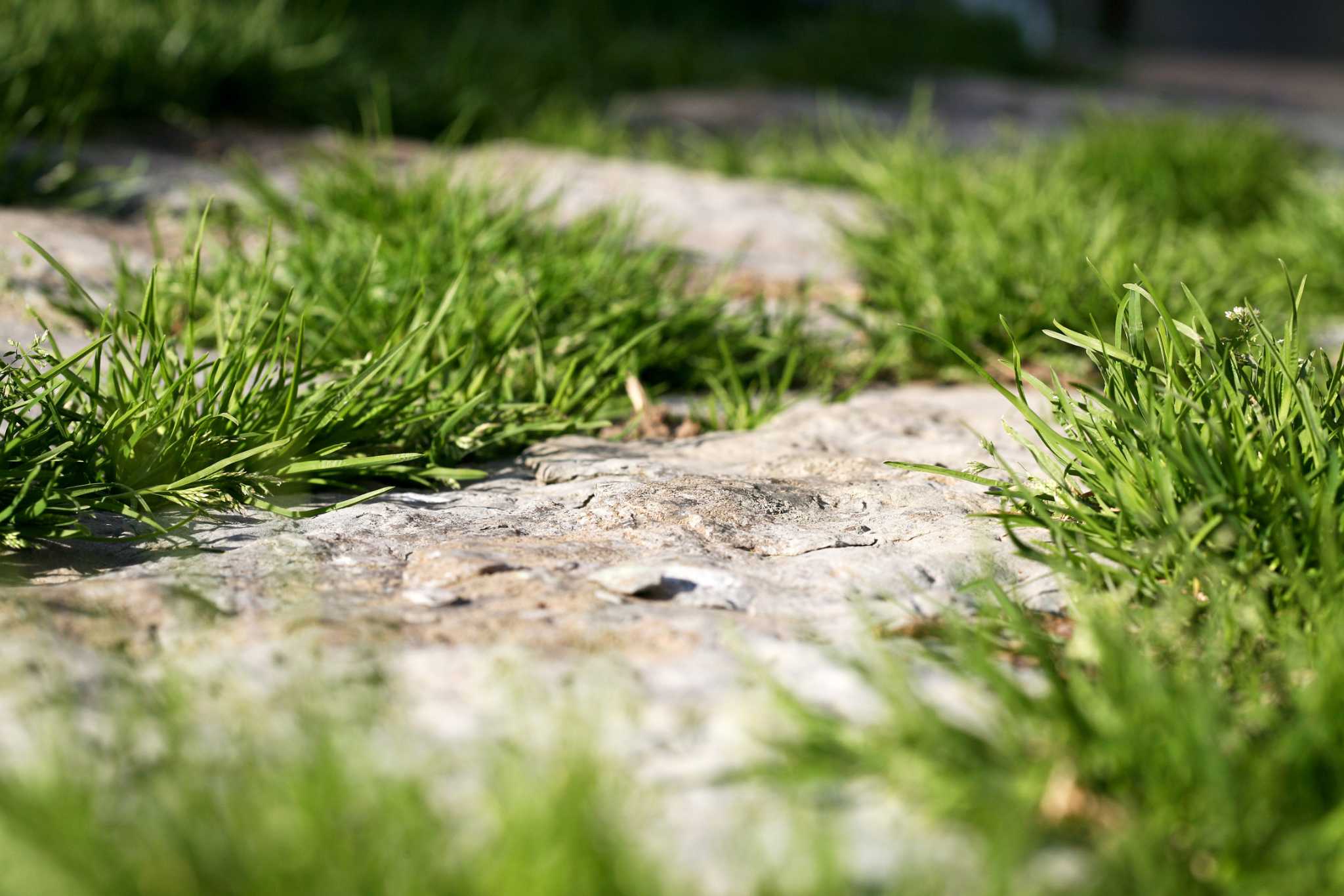
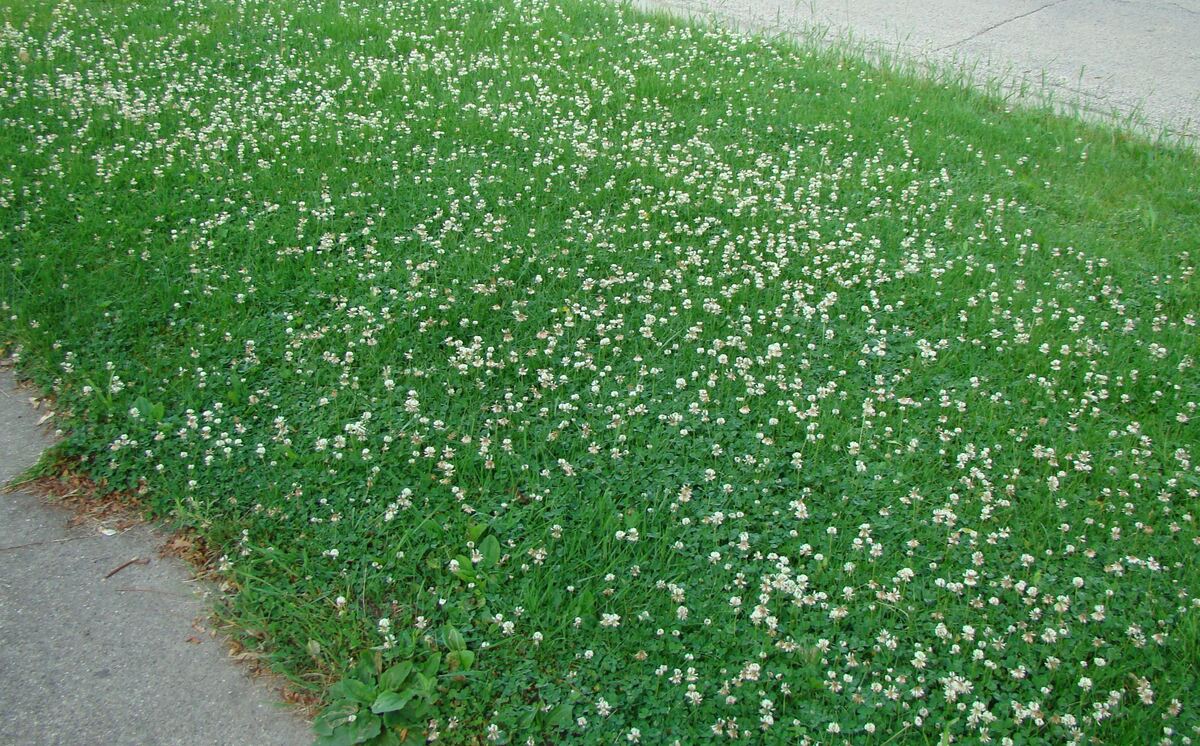

0 thoughts on “How To Kill Onion Grass”